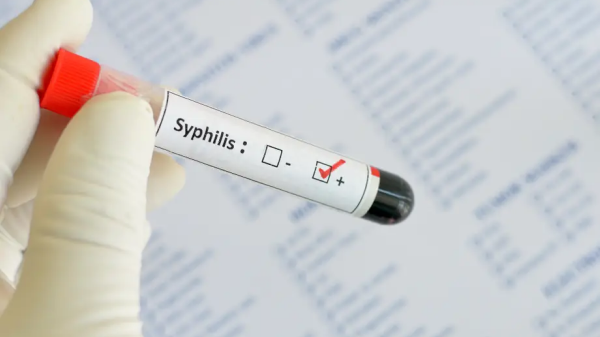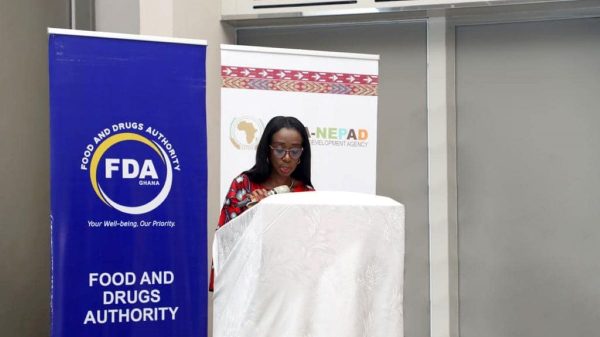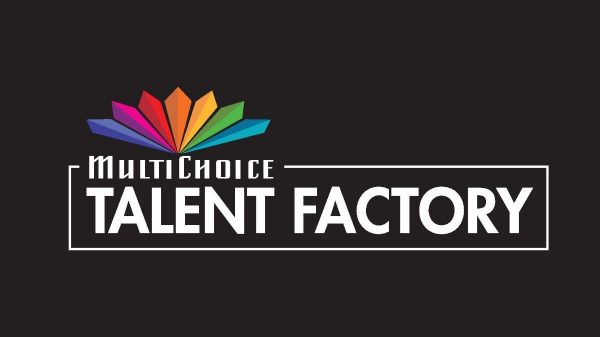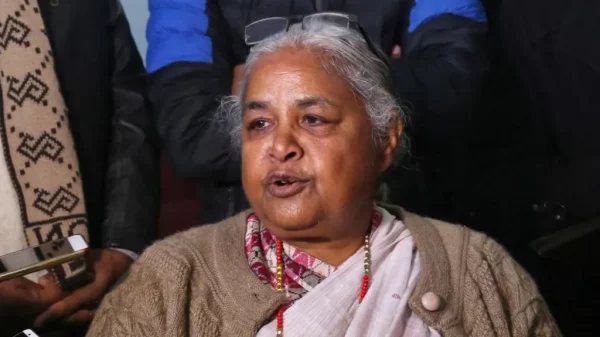The President of the Republic, Nana Addo Dankwa Akufo-Addo, has launched the Rearing for Food and Jobs (RFJ) campaign, another module of his administration’s flagship programme – “Planting for Food and Jobs” to alleviate the high level of unemployment and elevate the livestock industry.
According to President Akufo-Addo, the campaign, which will run for five years, from 2019 to 2023, will develop a competitive and more efficient livestock industry, that will increase domestic production, reduce importation of livestock products, contribute to employment creation, and improve livelihoods of livestock value chain actors.
Launching the campaign on Monday, 25th June, 2019, in Wa, in the Upper West Region, the President bemoaned the steep decline of Ghana’s livestock sector, which has been largely attributed to the high cost of production, and competition from cheap imports of livestock and its products, forcing most livestock producers to stop producing meat, and to concentrate solely on crop production.

With Ghana importing $400 million worth of meat products annually, and with local meat production accounting for only 19% of the country’s meat requirements, President Akufo-Addo stated that these grim statistics are an indictment on the country, and that is why success has to be made of the Rearing for Food and Jobs campaign.
Towards addressing the challenges confronting the country’s livestock industry, the President stated that Rearing for Food and Jobs(RFJ) will focus its attention on breed improvement, productivity and production, development of infrastructure (housing, plant and equipment, slaughtering, processing and marketing facilities), feed production and conservation of forage, animal health and disease control, development of communal grazing lands, commercialisation of livestock production and entrepreneurship development, and application of e-agriculture in livestock production.

Nana Addo-Dankwa Akufo-Addo added that, by design, the campaign will cover selected value chains in the livestock sector namely, cattle, sheep, goats, pigs, poultry chicken and guinea fowl.
With only 6 breeding farms currently in operation, as opposed to 28 in 1993, the President told the gathering that “the breeding stations that were closed down at Wawase in the Eastern Region, Wulugu in the North East Region, Doba in the Upper east Region, Busa in the Upper West Region, and Wenchi in the Bono Region, are being revived.”
Furthermore, he indicated that, under the Rearing for Food and Jobs(RFJ) programme, the Wawase cattle ranch, currently in operation in Afram Plains, which is accommodating some 3,000 cattle will be replicated in regions that experience farmer-herdsmen conflicts, or serve as corridors for the transhumance.
President Akufo-Addo revealed that, in the five-year period of the RFJ campaign, it is projected that forty thousand, five hundred (40,500) small ruminants, mainly sheep and goats, thirty eight thousand (38,000) pigs, two hundred and fifty eight thousand (258,000) cockerels, and over six hundred and sixty thousand (660,000) guinea fowls, which will not fly to Burkina Faso, will be distributed to livestock farmers and would-be farmers, throughout the country,” President Akufo-Addo said.

He added that, three thousand (3,000) cattle farmers will benefit from a programme of artificial insemination to increase average meat production. These planned interventions are indicative of the important attention now being given to the livestock sector after years of neglect.
Farmers, who receive sheep or goat shall pay back in kind, with two offsprings per adult breeder supplied, and farmers, who receive breeding pigs, shall pay back in kind with three piglets for each breeding pig supplied.
Cockerels will be supplied to farmers at fifty per cent (50%) of the market value. Day-old chicks and guinea fowl keets will be supplied at fifty per cent (50%) subsidy to farmers, with farm capacity not exceeding two thousand (2,000) birds. Cattle farmers shall benefit from subsidised imported semen to improve the meat and milk performance of their cattle.
Components of RFJ
Towards addressing the seasonal inadequacy of feed, both in quantity and quality, the RFJ campaign will develop low-tech ways of transforming millions of tons of crop waste into millions of tons of high-quality animal feed, with potential to create an industry worth millions of cedis a year, and create thousands of jobs in Ghana.
President Akufo-Addo added that, government will procure and subsidise forage harvesting, bailing machines and equipment to enable livestock farmers conserve enough crop residue for dry season feeding of animals. Maize and soybean production, which are already being given the necessary support under the Planting for Food and Jobs initiative, will provide enough feed for the poultry at lower than usual cost, in other to achieve this.
Whilst acknowledging that, poor disease control could jeopardise the contribution of the livestock sector to food security, employment creation, and general economic development for both Ghana, the President indicated that the disease control and surveillance component of RFJ will pay heed to controlling the transmission of animal diseases, study of diseases, development of vaccines, as well as capacity building for technical expertise, and specialised skills to improve the preparedness for dealing with the challenges of outbreaks.

Also, the enhancement of the Pong Tamale Veterinary Training College, the Disease Investigation Farms in Techiman and Savelugu, and the Disease Diagnostic Laboratories in Accra, Tamale and Kumasi, will be undertaken as a matter of urgent priority.
The introduction of e-agriculture, in the RFJ campaign, the President said, will give actors of the livestock value chain access to comprehensive and up-to-date information on livestock production, market prices, disease outbreaks, farm management techniques and practices, and, above all, traceability in the livestock production sector.
However, President Akufo-Addo tasked the Ministry of Food and Agriculture to ensure rapid information flow to the citizenry on how they can access the facilities pertaining to the RFJ campaign, stressing that, there should be effective and extensive dissemination of information on modalities of implementation of the RFJ campaign right after the launch to ensure the needed and expected participation of citizens, as it’ll enable objectives of the campaign to be achieved, and the expected dividends from Government’s investment realised.
































































































